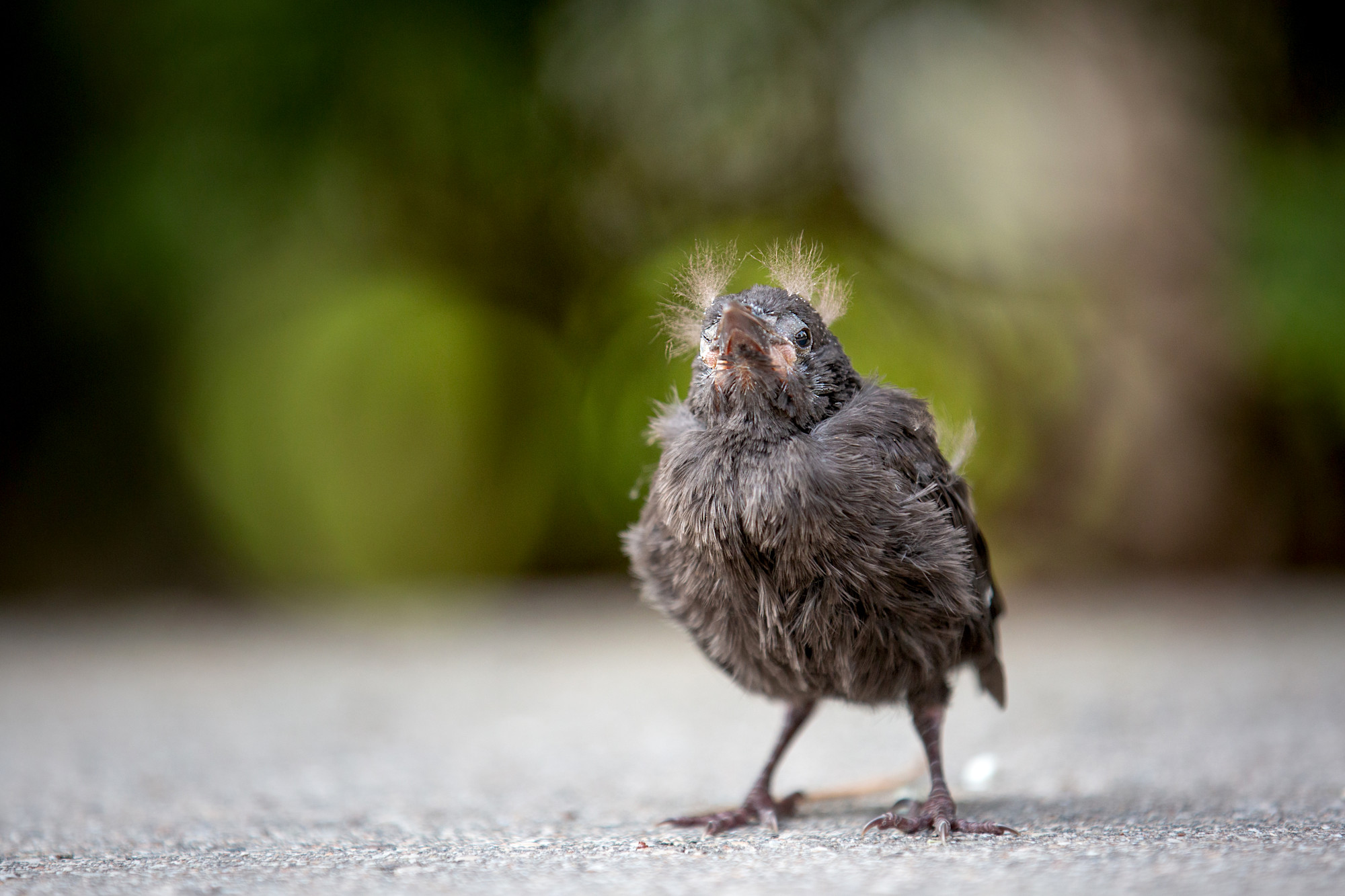
How to Know When Wildlife Needs Your Help This Summer
Across Kitchener-Waterloo and Stratford-Perth, summer is a very active time for local wildlife. It's not uncommon to come across young wild animals — a litter of baby bunnies in the grass, a young squirrel in the shade, or even a curious raccoon wandering during daylight hours. While it’s natural to want to help, it's important to know when to step in — and just as crucially, when not to.
Many wild animals spotted alone during the warmer months aren’t actually in distress. In fact, they’re likely right on track in their journey to independence. Baby raccoons, squirrels, bunnies, birds, and even skunks begin exploring their surroundings in summer as part of their natural lifecycle. During this time, their mothers often leave them alone for periods while gathering food or encouraging them to start fending for themselves. It’s a vital stage of growth.

A common misunderstanding is that these animals have been abandoned. For example, it's perfectly normal to find a baby rabbit nestled in a shallow nest in your yard — their mother only visits a few times a day to avoid drawing predators. Baby birds seen on the ground may be fledglings learning to fly, with their parents nearby keeping watch. Raccoon kits, especially, may be seen during the day simply because they haven’t yet learned to avoid daylight.
Taking these animals into your home or bringing them to a wildlife center too soon may actually do more harm than good. Their best chance at survival is with their mother in the wild, not in human care. This is also why trapping isn’t the answer. Removing a mother animal can leave orphaned babies behind without anyone knowing until it’s too late.
However, there are times when intervention is appropriate:
- If the animal is visibly injured or bleeding
- If you’re certain the mother has died (e.g., roadside mortality)
- If the baby is cold, lethargic, or has been crying for several hours without any sign of a parent
If a nest has been destroyed by a predator, lawnmower, or construction
In these situations, it is important to contact The Humane Society of Kitchener Waterloo & Stratford Perth for guidance before taking any action. The team has the knowledge and experience to understand the safest course of action.
Remember, the desire to help comes from a place of compassion — and that’s something to be proud of. By learning the difference between animals that need rescuing and those who are just taking their first steps into the world, you can be a true ally to our wild neighbours.
So this summer, if you spot a wild visitor, pause before acting. Sometimes, the best thing you can do is simply give them space and let nature do what it does best.
If you discover wildlife has made its way inside your home this summer, Skedaddle Humane Wildlife Control offers professional, humane solutions to help. Their approach ensures animals are removed safely and reunited with their young, and most importantly, they secure homes against future re-entry so wildlife stays where it belongs: in the wild.
Learn more about Skedaddle Humane Wildlife Control

